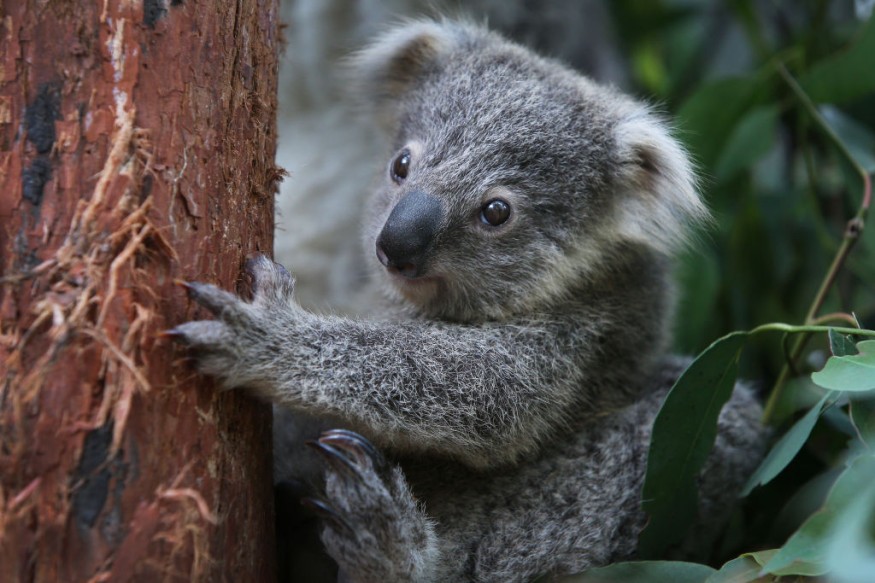Scientists at the University of Newcastle in New South Wales recently proposed setting up a biolab of collected koala sperm.
According to a BBC News report, these researchers in Australia said freezing the sperms of koalas could contribute to the protection of the "endangered marsupials from extinction." They explained that this could then be employed as part of a breeding program to future-proof the animal species and improve its genetic diversity.
Could freezing koala sperm help save the species? https://t.co/w3a6Brv3ht
— BBC News (World) (@BBCWorld) April 13, 2022
Essentially, bushfires in the past years have killed tens of thousands of koalas. Conservation scientist Dr. Ryan Witt said the proposals were a cost-efficient way to halt inbreeding and thus contribute to preserving the genetic diversity of koalas behold small colonies of captive animals, EnviroLink specified in a similar report.

Use of Chilled Sperm
At present, Dr. Witt explained, there is no insurance policy against natural disasters like the bushfires from 2019 to 2020 that threatened to wipe out huge numbers of animals at the one time.
He also said that if the koala population dies in this these kinds of fire events, there is no way they could be brought back or their genetics to be preserved. Live koalas young have been born after assisted reproduction through fresh or chilled sperm, the authors of the study said.
According to Dr. Lachlan Howell, also from the University of Newcastle, by using frozen sperm, they can reintroduce genetic variation into the wild koala population sans the need to relocate koalas.
Howell added they have been able to identify 16 wild hospitals and zoos throughout Australia that "could act as nodes to collect koala sperm," as specified in a news report from the University's website.
A Genetic Advantage
Whereas captive breeding programs are a strong tool in saving koalas, they face substantial challenges of high costs, not to mention genetic diversity.
Howell explained that genetic issues in koalas could result in reproductive dysfunction and infertility. Such issues can compromise survival, resistance to disease, and the ability of the species to adjust to changing environmental conditions from climate change.
The expert said their modeling shows that "supplementing frozen founder sperm into koala colonies" through various assisted reproductive technologies like those common in human agriculture and human fertility could substantially lessen inbreeding and enable captive programs to hold smaller colonies whilst something optimal genetic diversity is targeting.
Furthermore, by adding frozen sperm, Howell continued, genetic variation can be introduced into wild koala populations minus relocating koalas.
For instance, in New South Wales, Koala populations are declining fast in some areas, so they would greatly benefit from introducing biobanked material from other populations to help manage genetic diversity.
If cryopreservation is made possible for these animal species, it will open the door to recovery as well, and biobank genetic materials from these animals who may have died in bushfires, or hit by cars, so they can still be contributors to both reproduction and population.
A report about Australia's koalas is shown on Outpost News's YouTube video below:
RELATED ARTICLE : Largest Lemurs With Weight Similar to Adult Humans Found to Have Attained Gigantic Size by Eating Leaves
Check out more news and information on Animals in Science Times.
© 2026 ScienceTimes.com All rights reserved. Do not reproduce without permission. The window to the world of Science Times.












